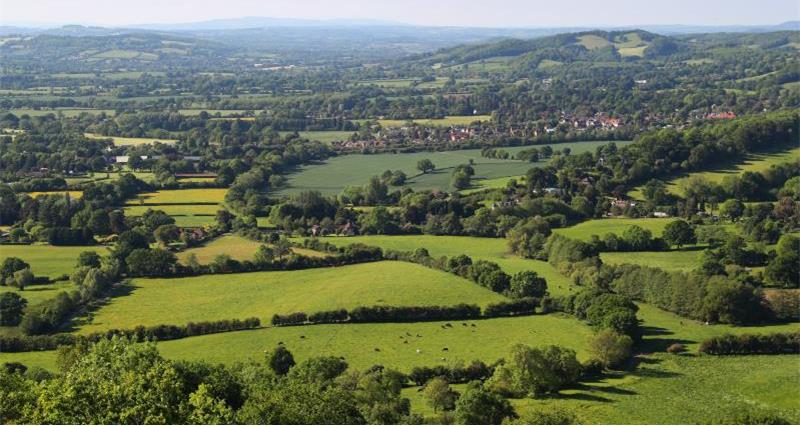What is APR and how does it work?
Inheritance Tax reliefs like APR (Agricultural Property Relief) reduce the amount of tax farmers and landowners have to pay when farmland is passed to the next generation after a death.
This helps farms stay within the family to allow them to continue to look after the countryside and produce food for the country.
What has the government announced?
The government has now announced it will change the rules for Inheritance Tax, including APR and BPR (Business Property Relief) on farmland and business assets.
This means an effective tax rate of 20% on agricultural assets valued over £1 million – although there are other reliefs available that can also be used.
What will be the impact of this change?
The new tax rules could force farmers to sell their family farms to pay the Inheritance Tax bill. This could happen even if they have worked on the farm for many years.
How many farms will be affected?
While the government claims that the new ÂŁ1m threshold means three-quarters of farms will not be impacted by the change, the NFU believes this is an underestimate and that up to half of all working farms, possibly more, could be impacted by the new tax rules.
The figures Treasury is using do not accurately reflect the impact of these changes on rural communities. They claim that less than 25% of farm businesses will be affected by the ÂŁ1 million Inheritance Tax threshold. This is a significant miscalculation.
These figures are based on past APR claims and do not consider farms that have also claimed BPR for diversified aspects of their businesses.
They also include a substantial number of smallholdings, with 27% of those Treasury figures being for assets under ÂŁ250,000 and another 23% under ÂŁ500,000. For anyone who has attempted to buy land recently, this translates to just 10 to 40 acres, an impractical size for a viable farming operation.
What will the proposed change mean for farming?
APR has encouraged investment in farming. It means people who buy farmland must make sure it is farmed, and so rent it out to young farmers, giving them a chance to start their own businesses.
The new tax rules will discourage people from buying farmland and renting it out to farmers. This could lead to less land being available for farming and more being used for other purposes.



